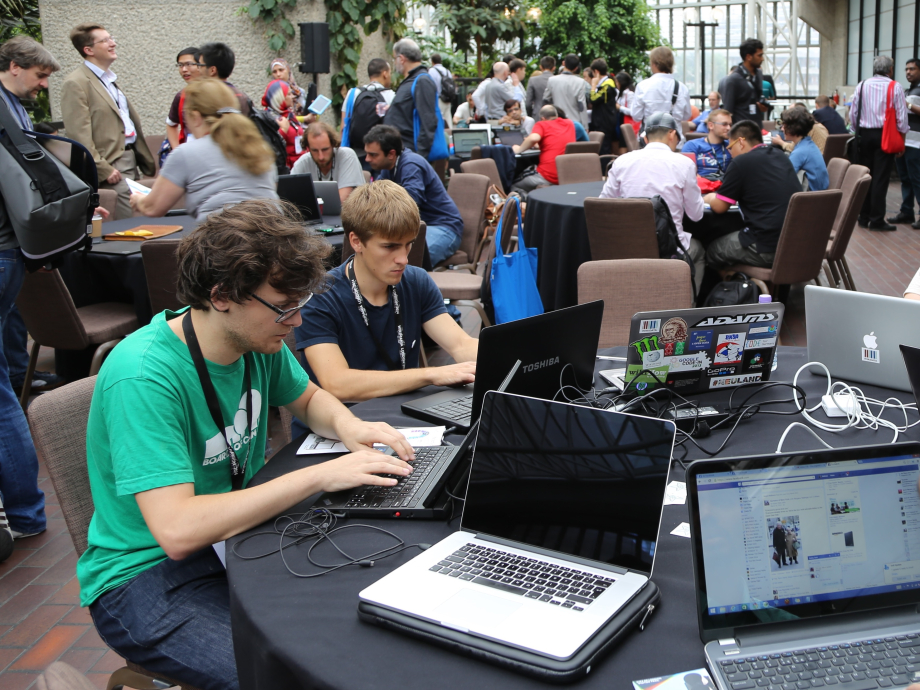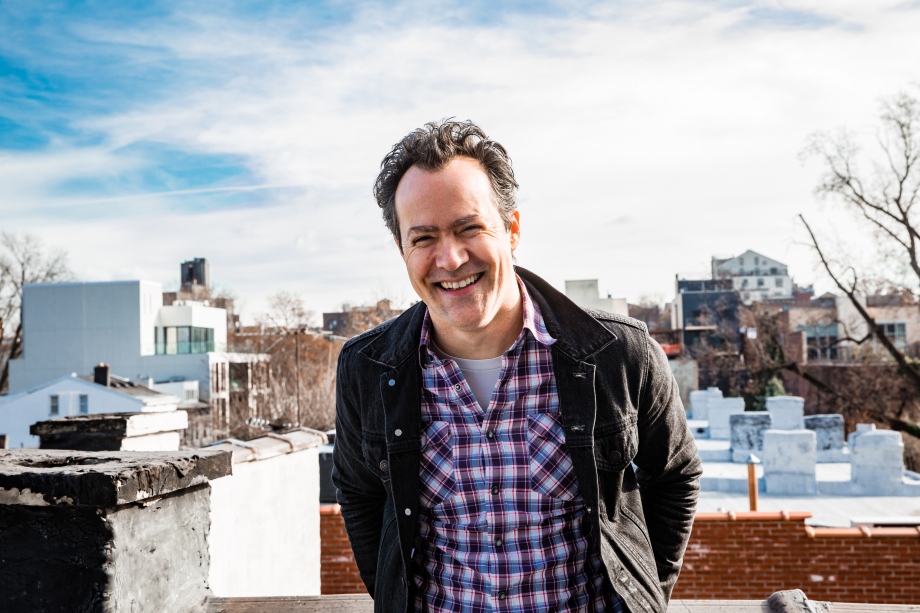Who’s at the wheel? - How coders control your life (event = sold out)
On 7 November we will welcome tech journalist Clive Thompson at the Rathenau Instituut and talk about the designers of the internet: the programmers who, unnoticed, control most of our daily actions.

In short
- A large part of our activities are determined by algorithms and the people who make them.
- Among these coders, there is but little attention for the societal impact of their work.
- During the event on 7 November we will discuss how to create a socially responsible way to deal with new technology.
In his newest book Coders - The Making of a New Tribe and the Remaking of the World, Clive Thompson demonstrates how programmers determine which news items you see, which recommendations Bol.com offers you, or how you can get from A to B. Should we give one group of people that much responsibility? What kind of people are they? And how does this influence their work? Thompson makes us aware of the impact this occupational group has on our lives.

Technology remains the work of people
Your newsfeed on Facebook, Siri’s suggestions: we sometimes forget that programming is not an automatic process, but it’s the work of people. Those who create these algorithms are ‘at the wheel’. The uniformity of the current group of coders makes this problematic, according to Clive Thompson. In their search for innovation, this club of mostly young men does not seem to pay attention to the broader impact of their work. This lack of regard for societal effects was one of the main reasons why the consequences of Airbnb and Uber, among others, were underestimated. What for one person may be an efficient approach based on mathematical models, can in practice harm or impair someone else. How can we change this?
When coders make something easy to do, we do more of it. When they make it hard or impossible, we do less of it.
Shaping our digital society
The answer to that question is linked to the role we want to give technology in our society. A role that should not be determined solely by tech giants, efficiency-minded programmers, or geopolitical relationships. It is up to us, as a society, to determine how we want to use new technologies such as robotics and artificial intelligence. What do we want to see in our digital future? How can we make sure everyone is able to participate? Which national and international agreements are necessary to achieve that? What are the responsibilities of companies and governments?
The Rathenau Instituut has been researching responsible digitisation for years. As Clive Thompson shows, coders play an important, though often invisible, role in this.
On 7 November we talk about the societal value of digitisation. How do we, as a society shape a future in which technology can solve our most pressing issues?
Unfortunately, signing up for this programme is no longer possible.